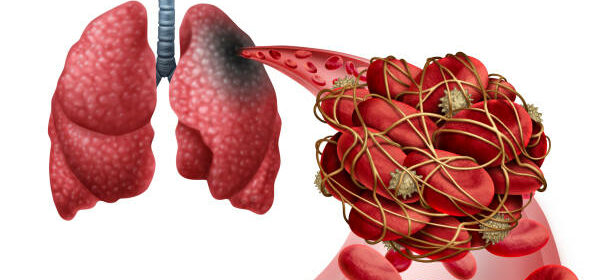DOSEVF

In patients with refractory VF, does Double Sequential External Defibrillation or Vector-change Defibrillation improve survival to hospital discharge?
Continue reading »A compendium of critical appraisals in Intensive Care Medicine research and related specialties


In patients with refractory VF, does Double Sequential External Defibrillation or Vector-change Defibrillation improve survival to hospital discharge?
Continue reading »
Blood-Pressure Targets in Comatose Survivors of Cardiac Arrest Kjaergaard et al | New England Journal of Medicine| August 2022 DOI: 10.1056/NEJMoa2208687 Clinical Question In patients with return of spontaneous circulation (ROSC) after cardiac arrest does a higher MAP target (> 77mmHg) compared to a standard target (>63mmHg) reduce death or survival at discharge with a poor neurological status? Background Manipulation […]
Continue reading »
Diuretics Versus Volume Expansion in the Initial Management of Acute Intermediate High‐Risk Pulmonary Embolism Ferrari E. Lung (2022); DOI:10.1007/s00408-022-00530-5 Clinical Question In adult patients with acute pulmonary embolism and right heart strain does a strategy of volume expansion or early diuretic therapy result in a more rapid resolution of troponin levels? Background Acute pulmonary embolism (PE) is a common cause […]
Continue reading »
In patients with cardiogenic shock receiving venoarterial extracorporeal membrane oxygenation(VA-ECMO), does early use of moderate hypothermia (33-34°C) compared with strict normothermia (36-37 °C) improve 30 day mortality?
Continue reading »
Terminal QRS distortion is present in anterior myocardial infarction but absent in early repolarization Lee. @smithECGBlog. The American Journal of Emergency Medicine;2016;34(11):2182-2185 Clinical Question In patients with benign early repolarisation, is there the absence of terminal QRS distortion on the ECG? Background For patients who present with chest pain, it can be difficult to distinguish between ECG findings of benign […]
Continue reading »
Posterior left pericardiotomy for the prevention of atrial fibrillation after cardiac surgery Mario Gaudino, The Lancet Dec 4 2021; 398: 2075–83 https://doi.org/10.1016/S0140-6736(21)02490-9 Clinical Question In selected patients undergoing cardiac surgery, does posterior left pericardiotomy compared with usual care, reduce the incidence of postoperative atrial fibrillation? Background Atrial fibrillation is common following cardiac surgery with approximately one-third of patients developing […]
Continue reading »
In patients who present with an acute STEMI and are referred for percutaneous coronary intervention (PCI), does colchicine in comparsion with placebo reduce myocardial injury?
Continue reading »
Angiography after Out-of-Hospital Cardiac Arrest without ST-Segment Elevation Desch S et al. NEJM 2021. DOI: 10.1056/NEJMoa2101909 Clinical Question In adults > 30 years old suffering out-of-hospital cardiac arrest (OOHCA) without ST elevation on their ECG does routine immediate coronary angiography compared to a delayed or selective approach to coronary angiography improve 30-day all-cause mortality? Background The DISCO pilot study showed […]
Continue reading »
Milrinone as compared with Dobutamine in the Treatment of Cardiogenic Shock Matthew. N Engl J Med 2021; 385:516-525, doi: 10.1056/NEJMoa2026845 Clinical Question In patients with cardiogenic shock, does milrinone as compared with dobutamine improve the composite outcome of in-hospital death, resuscitated cardiac arrest, receipt of cardiac transplant or mechanical circulatory support, non-fatal myocardial infarction, cerebrovascular event or renal replacement therapy? […]
Continue reading »
In patients with acute myocardial infarction and anaemia is a restrictive, compared with a liberal transfusion strategy, non-inferior with respect to major adverse cardiovascular outcomes at 30 days?
Continue reading »